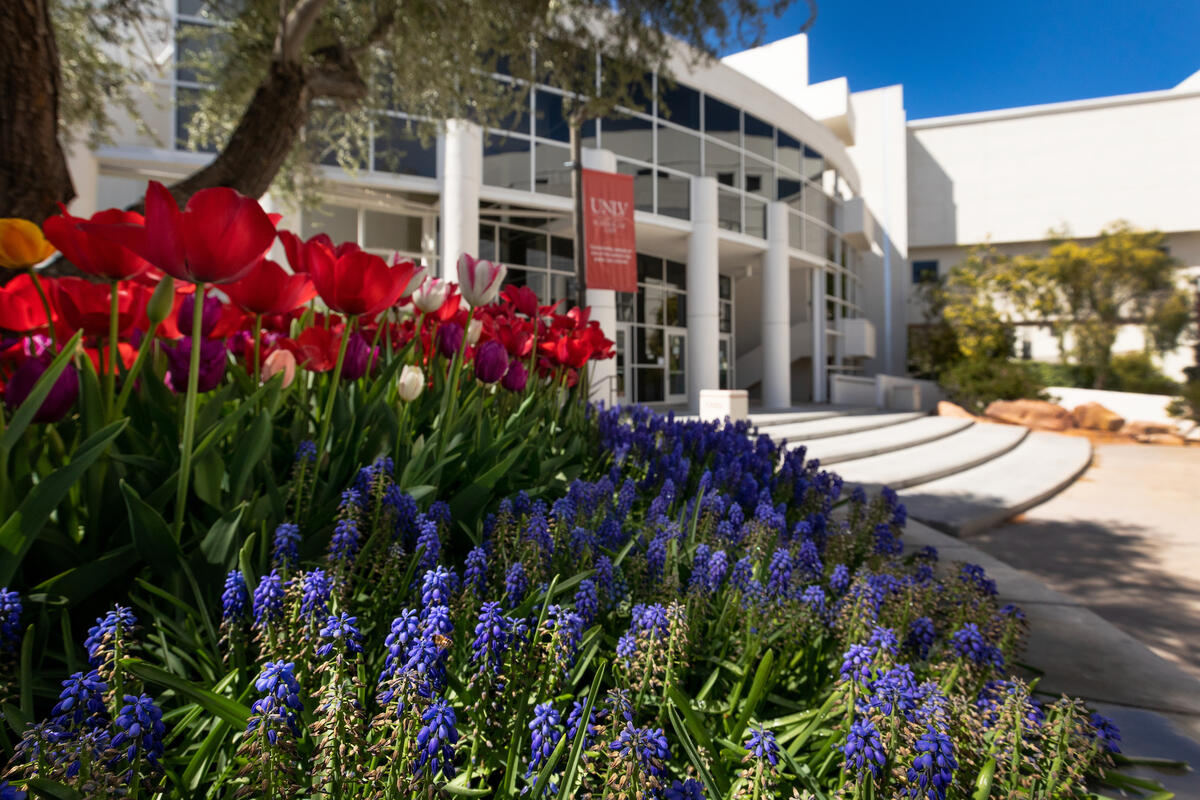
Mediation
What is mediation?
Mediation is a voluntary, structured, but informal process of conflict resolution. Facilitative and transformative mediation, as practiced under the aegis of the Ombuds Office, encourages reconciliation and finding a way forward versus assigning blame or exacting retribution, which makes it ideal for mitigating several varieties of workplace conflict. Conducted confidentially, outside of formal dispute channels, and amenable to creative problem solving, mediation presents a viable alternative to other grievance/complaint processes.
How do I request mediation?
You might first want to discuss the potential for mediation with the Ombuds, who can help you assess the potential for mediation to resolve the conflict.
If all parties agree to mediation, the next step is to select mediators. Both parties have a chance to select potential mediators from a pool of trained, qualified mediators, and both parties may “conflict out” mediators who they feel may not be impartial.
The Ombuds Office coordinates the selection of mediators. The Ombuds Office uses a co-mediator model, so there will be two people acting as mediators. Once your mediators have been selected, your initial two-hour mediation session will be scheduled.
Who are the mediators?
The Ombuds Office draws mediators from its mediation pool, which is comprised of those who have successfully completed the Basic Mediation Essentials course at the Boyd School of Law, including current and former BSL students, UNLV faculty, and UNLV staff.
When scheduling a mediation session, you will gain access to a list of potential mediators and will have the opportunity to request or rule out specific mediators. You are free to exclude any mediator from your session if you feel they may have a conflict of interest or are not fully comfortable with them mediating, no questions asked.
What happens after a mediation is scheduled?
After the mediation is scheduled, you will receive materials that explain the mediation process and help you get into the right mindset for a constructive session. The Ombuds will be available to answer any questions you have about the process.
What happens at the mediation?
Your mediators will introduce themselves and explain the mediation process (and their roles in it) before reviewing the ground rules for the mediation. Following that, each part will share what brought them to the mediation, describing what they see to be the major issues. The mediators then help the parties set the agenda for the session, identifying the key problems that both parties want to resolve. Following that, the parties will exchange information and suggest possible solutions. When both parties settle on a solution or solutions to their issue(s) that are mutually acceptable, the mediators will draw up an agreement that both parties sign. After speaking with the mediators about the next steps (abiding by the agreement, possible follow-up sessions), the mediation will be concluded.
Is mediation confidential?
Yes. In order to facilitate free and open communication during the mediation process, the mediators and all participants in the mediation are bound by strict confidentiality.
With a few narrow exceptions, including an imminent risk of serious harm and unreported child or elder abuse/neglect, the mediators cannot disclose anything that is discussed. Per Nevada Revised Statutes 48.109, statements made during the mediation that are not otherwise discoverable are not admissible as evidence or subject to discovery in any subsequent action. The mediators themselves cannot be used as witnesses in any civil court or non-criminal legal proceedings.
Who do I contact with questions about mediation?
If you have any questions about the nature of mediation and how it is conducted at UNLV, please contact UNLV Ombuds David G. Schwartz.